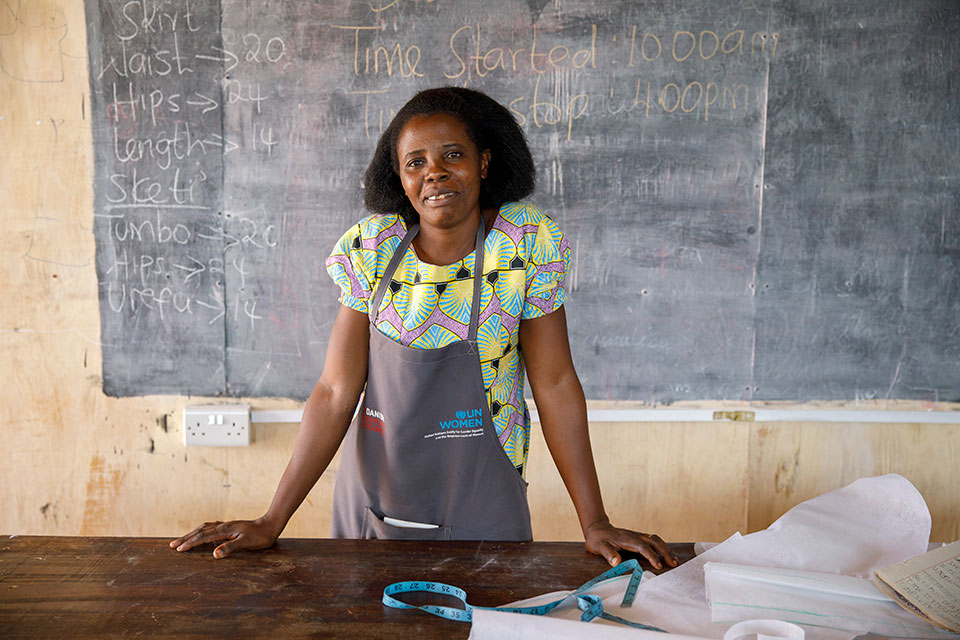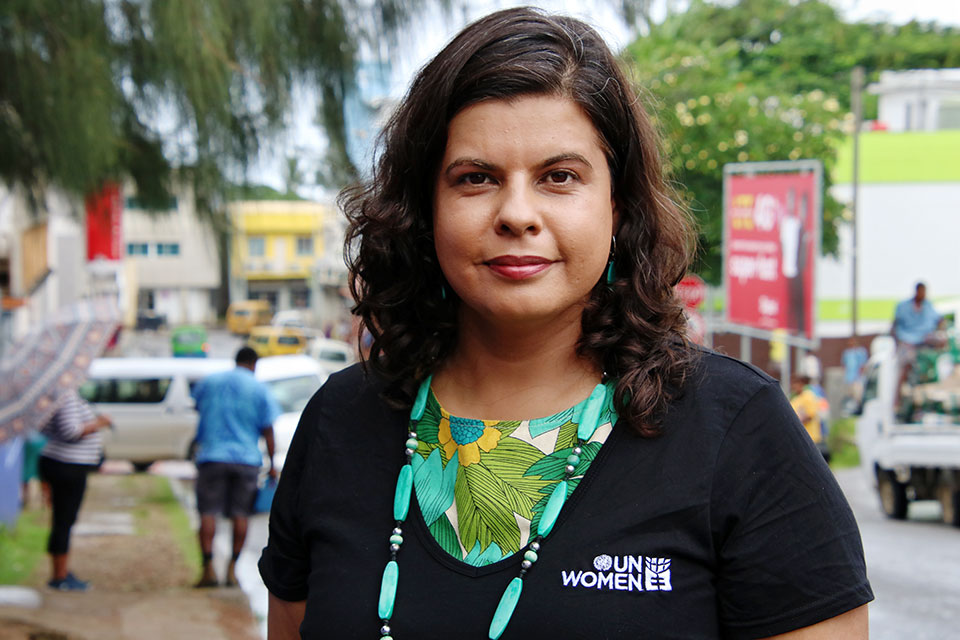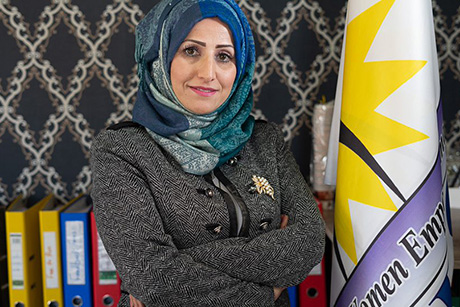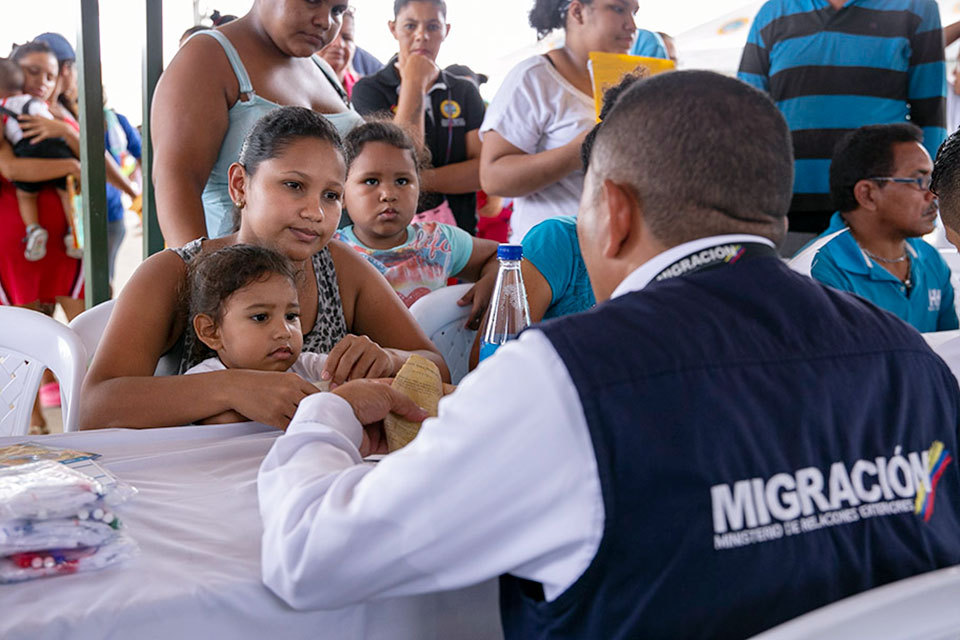In Focus: World Humanitarian Day 2019
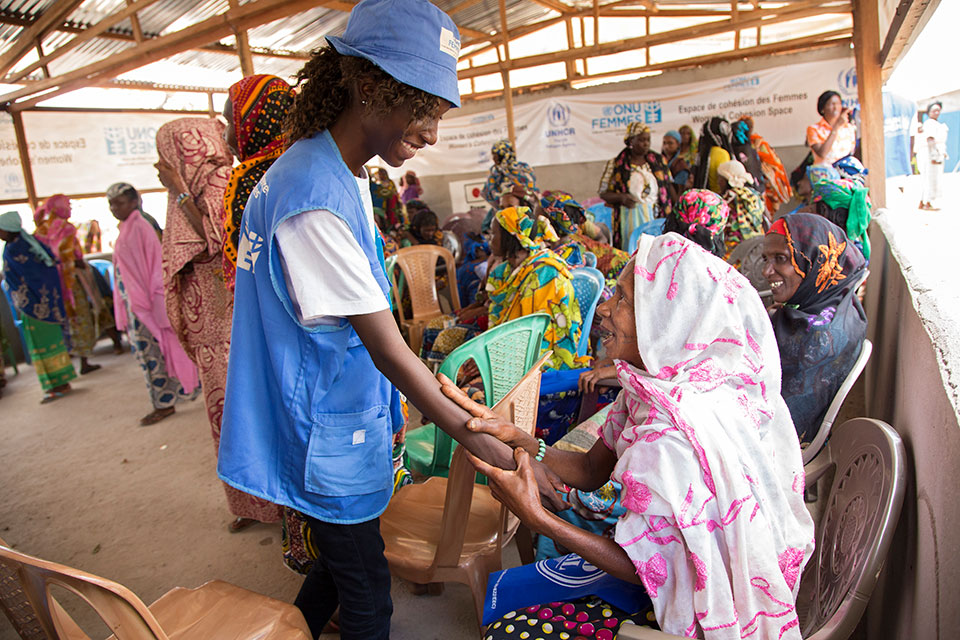
Top stories | Videos | Graphics | Social media
An unprecedented number of people are living through humanitarian crises today. Armed conflict, natural disaster, disease and violent persecution have forced more than 70 million people from their homes.
While women and girls are often severely impacted by crises, they are also leaders in recovery and resilience. This year, World Humanitarian Day (19 August) is honouring the women humanitarian workers who work on the front lines in their communities to help people in need.
There are more than half a million humanitarian workers on the front lines of war and disaster around the world, about 40 per cent of them are women, many of whom work in some of the most dangerous corners of the globe. Women are often the first to respond in crises, and the last to leave. And their efforts play a key role in the survival and resilience of families and communities.
On World Humanitarian Day, share the stories of amazing women who scale impossible challenges every day in humanitarian settings, striving for a safer and better future for all.
Top stories
Videos
Gender equality is essential to humanitarian action. On this World Humanitarian Day, UN Women salutes the women humanitarians around the globe who have acted as first responders in the darkest hours of crisis.
In Brazil, UN Women helps Venezuelan women living as migrants, asylum seekers and refugees to get back on their feet with psychosocial support, emergency cash assistance, and safe spaces.
Graphics
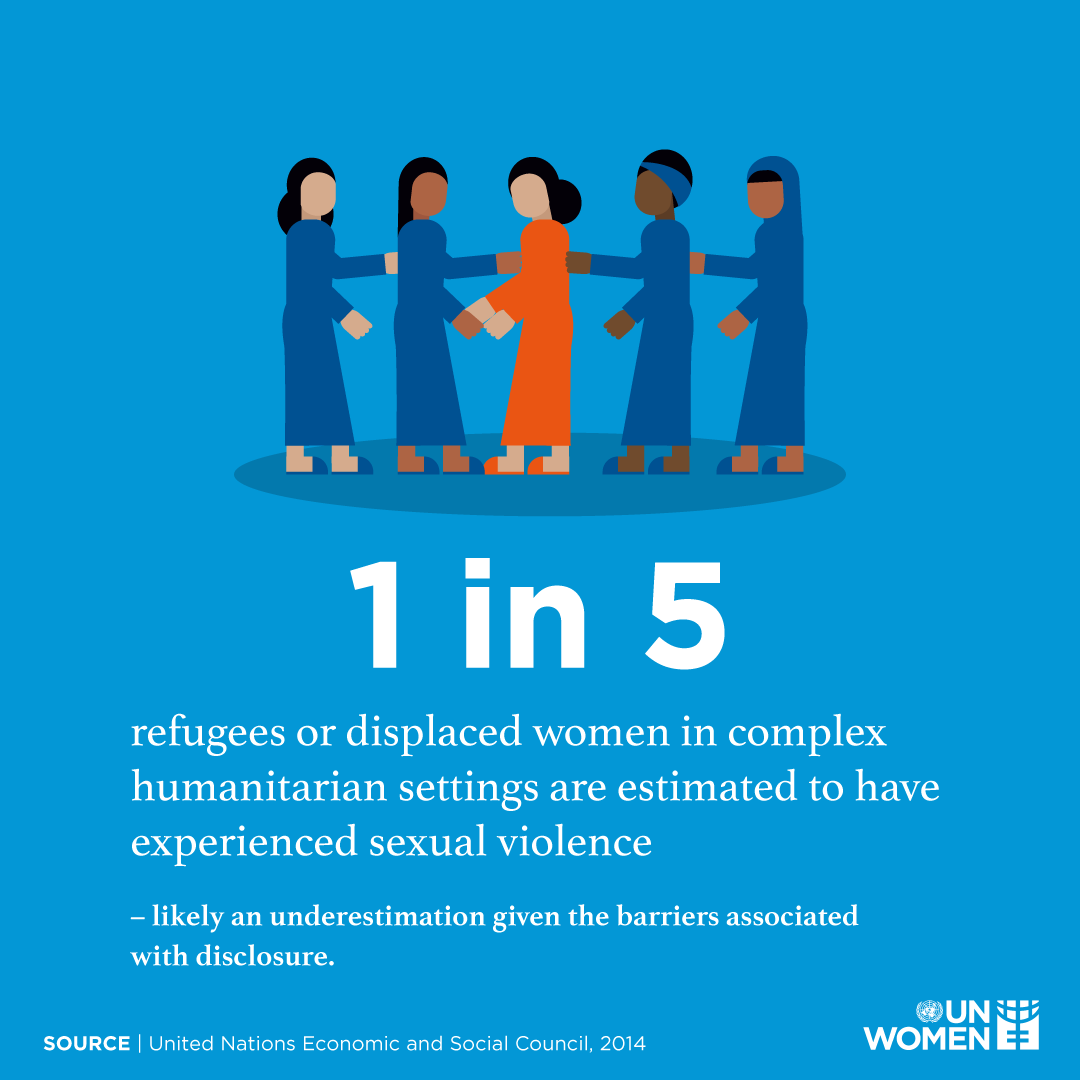
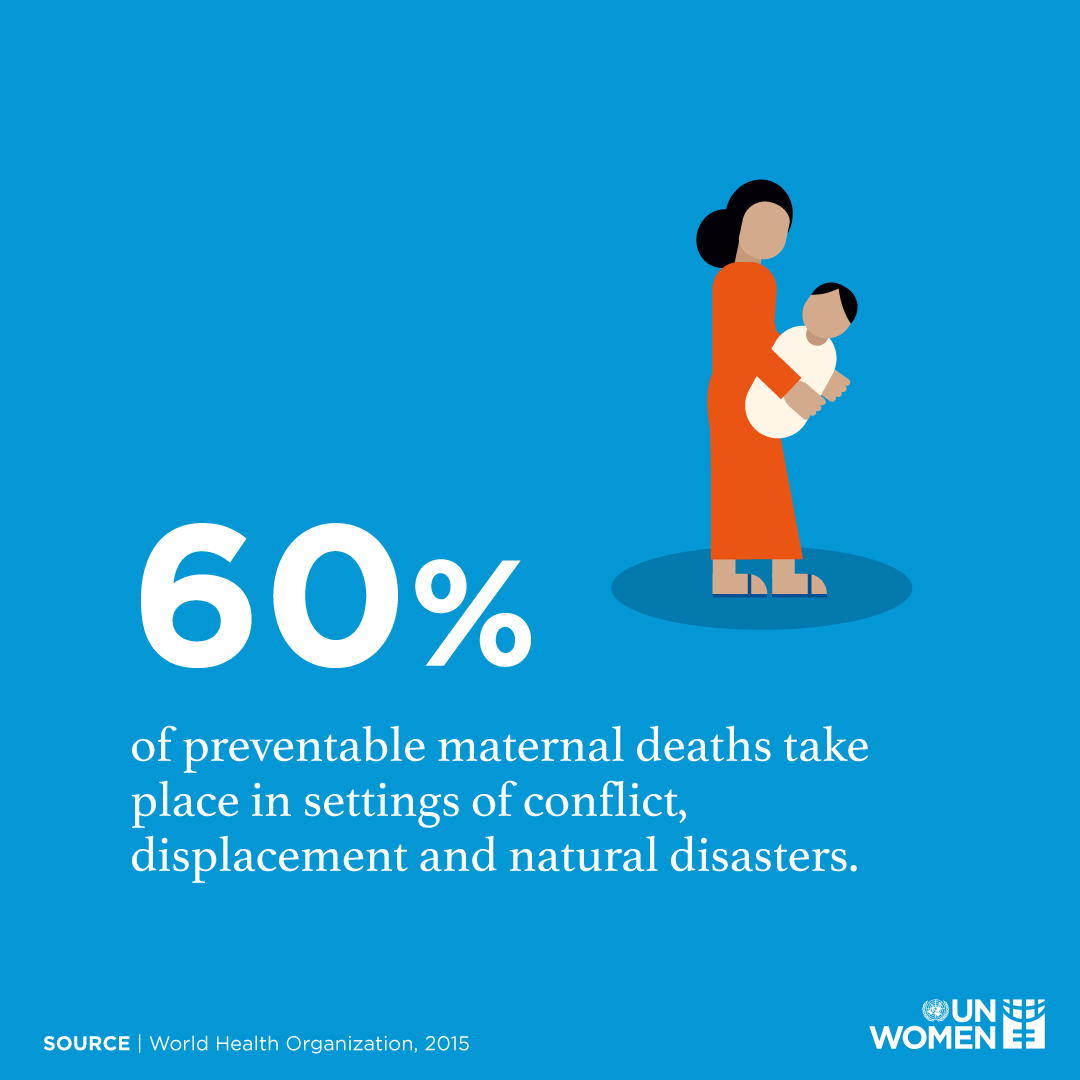
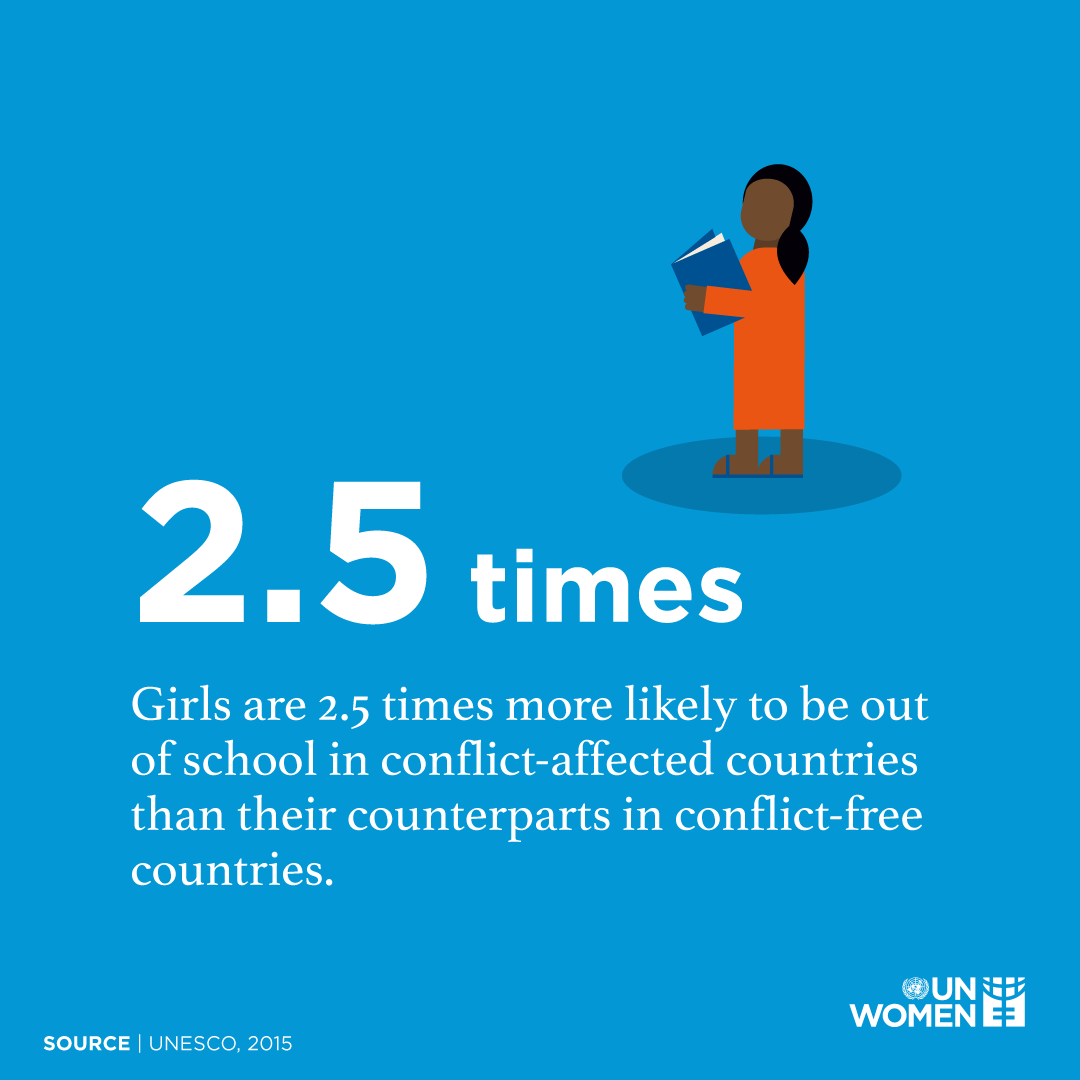
Social media
Every disaster affects women. Every response must include women.
Help us spread the word using #WorldHumanitarianDay and #WomenHumanitarians (English), #TrabajadorasHumanitarias (Spanish), and #FemmesHumanitaires (French).
A social media package with graphics and suggested messages in multiple languages can be found here.
Tweet #WomenHumanitariansTweet #WorldHumanitarianDay“Empowering women saves lives.” Meet Flavia & Fernanda from @ONUMulheresBR who are working for and with Venezuelan women living as migrants, asylum seekers and refugees in Brazil. pic.twitter.com/0TrxtHvTio
— UN Women (@UN_Women) July 28, 2019
Follow us
@UN_Women, @ONUMujeres, @ONUFemmes, @SayNO_Unite, @phumzileunwomen on Twitter
UN Women, ONU Mujeres, ONU Femmes, Say NO - UNiTE on Facebook
UN Women and Say NO – UNiTE on Instagram
unwomen on Snapchat
UN Women on LinkedIn
See our previous coverage of women in humanitarian action: 2016 and 2017, 2018
